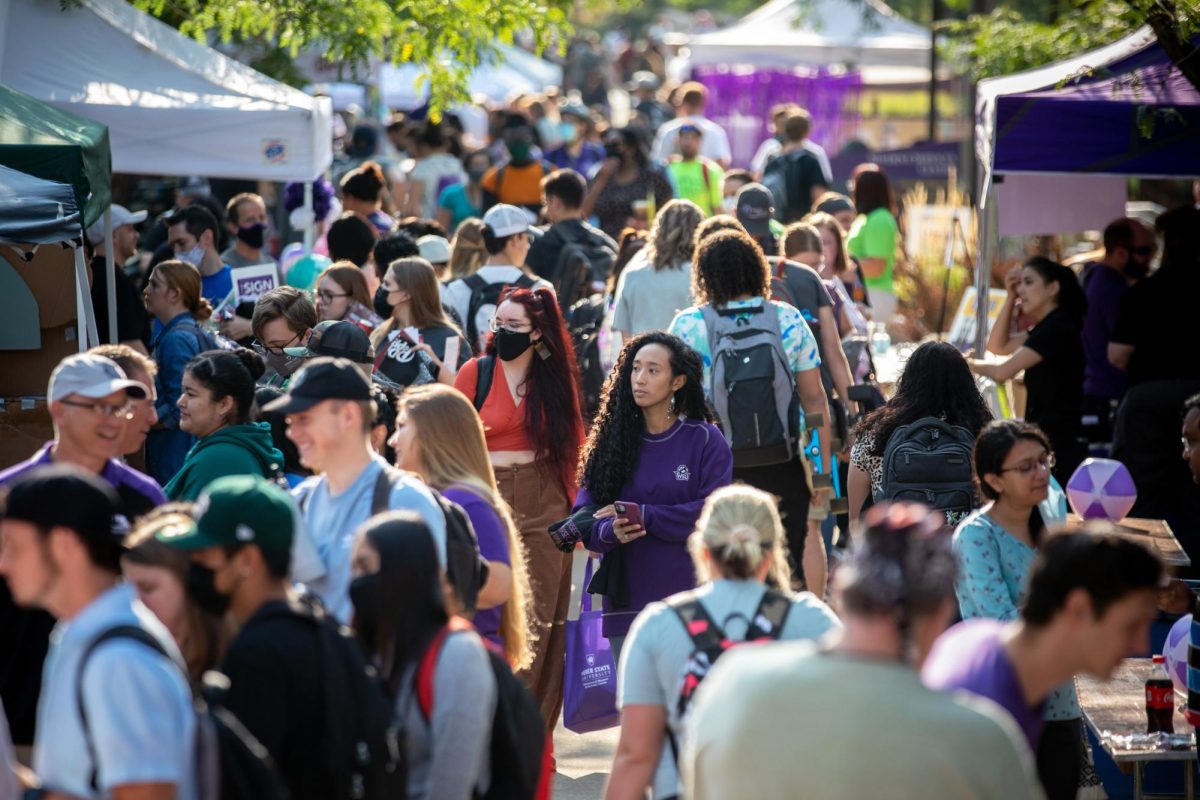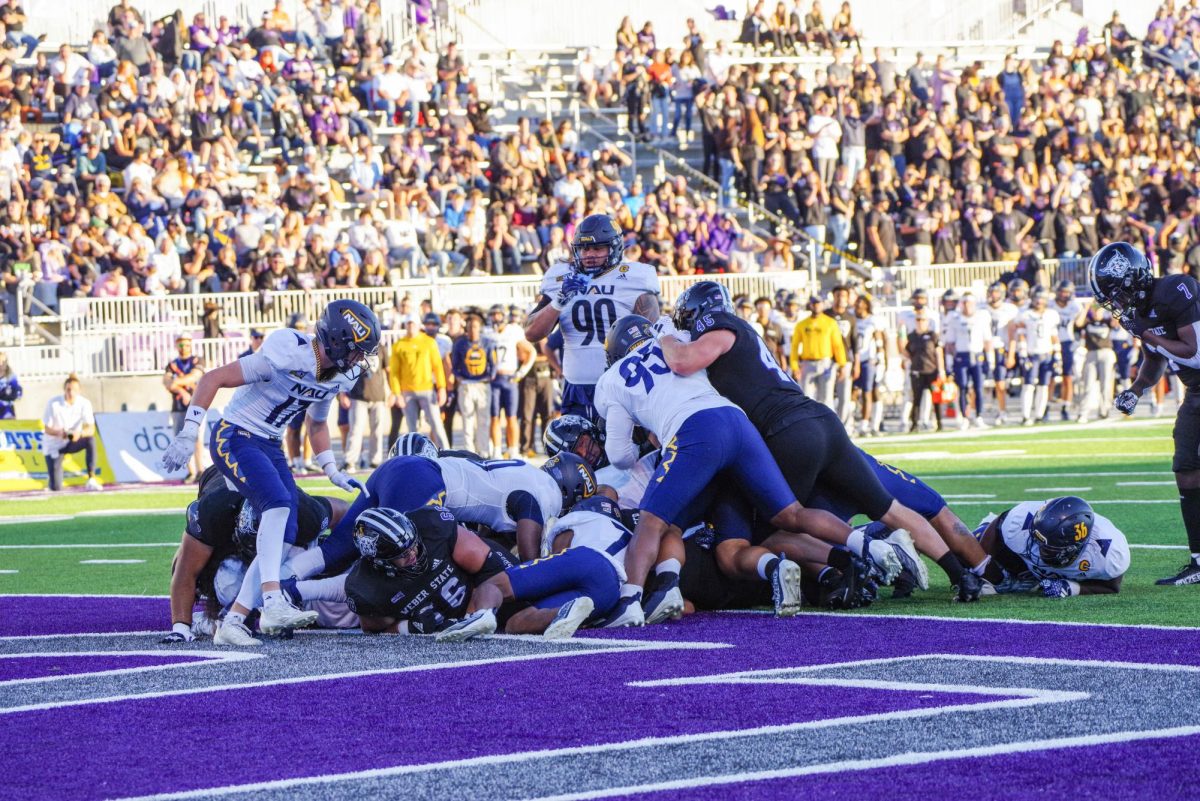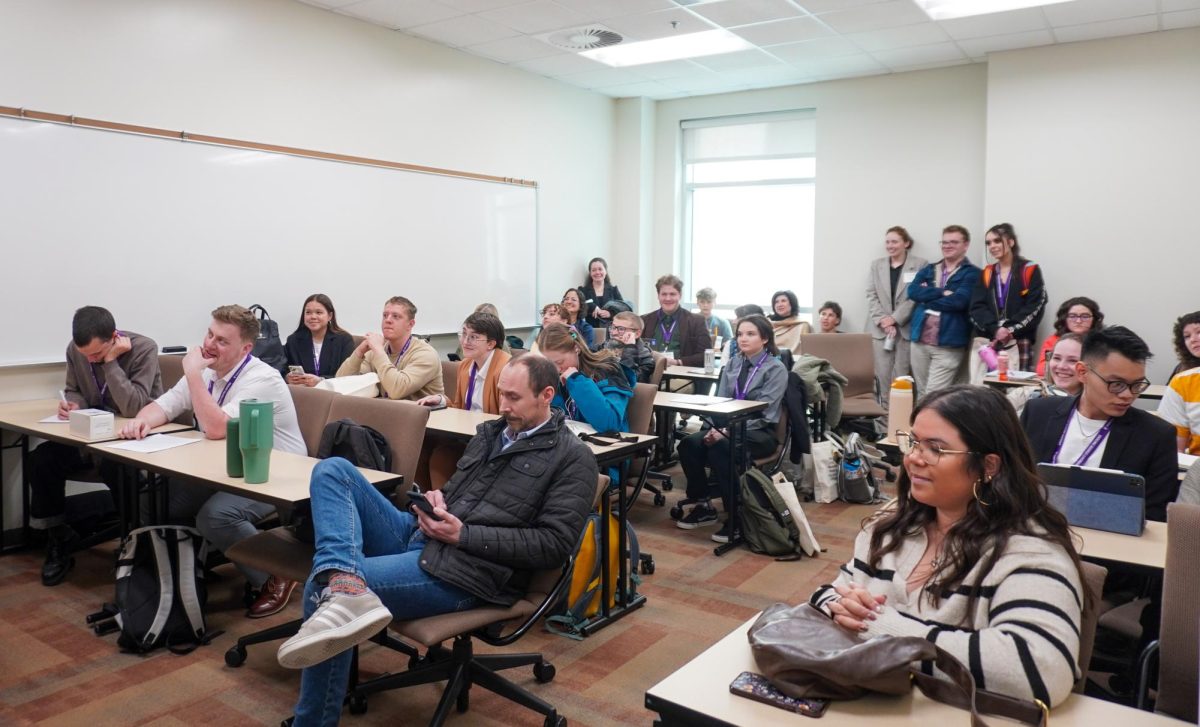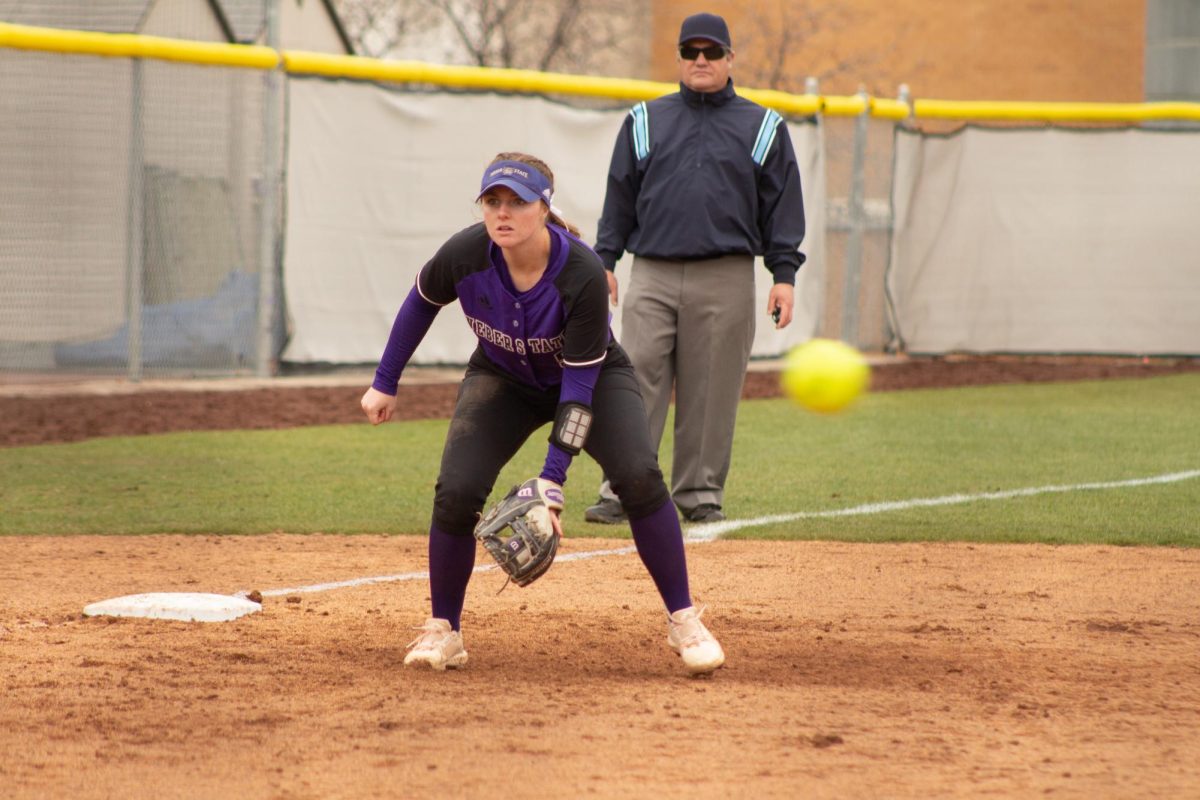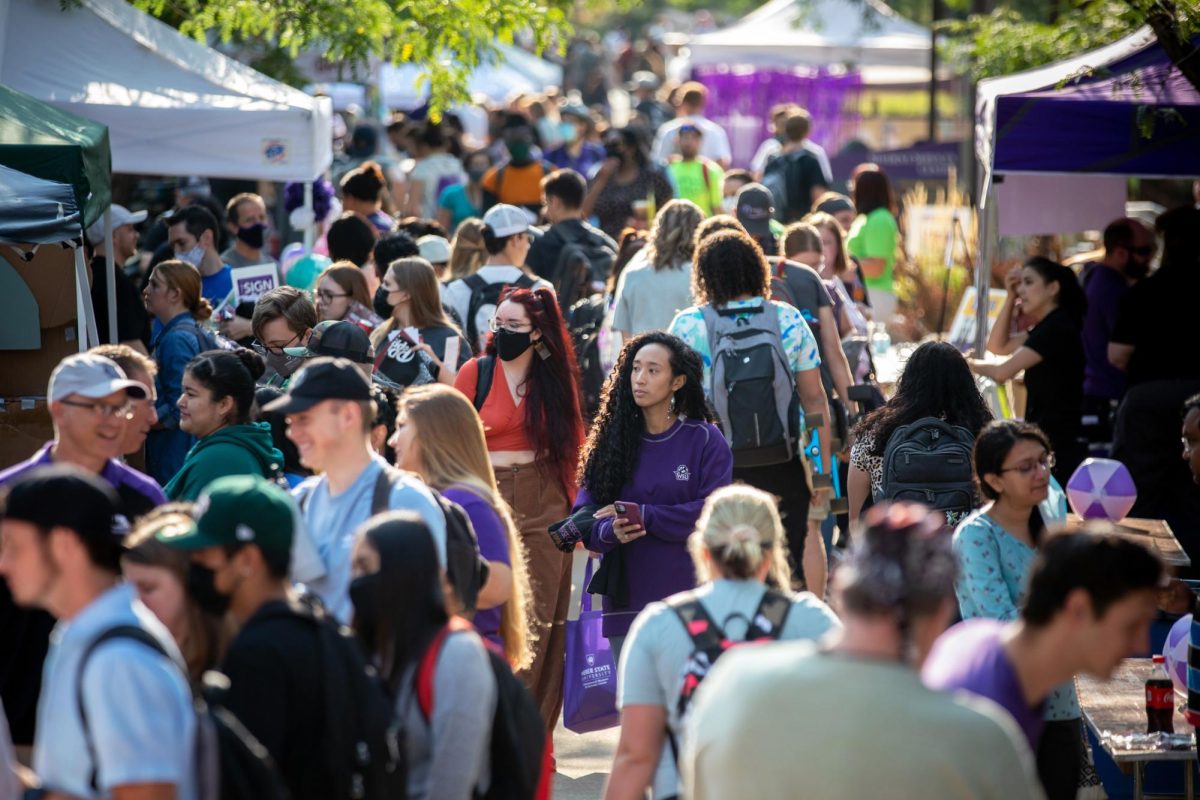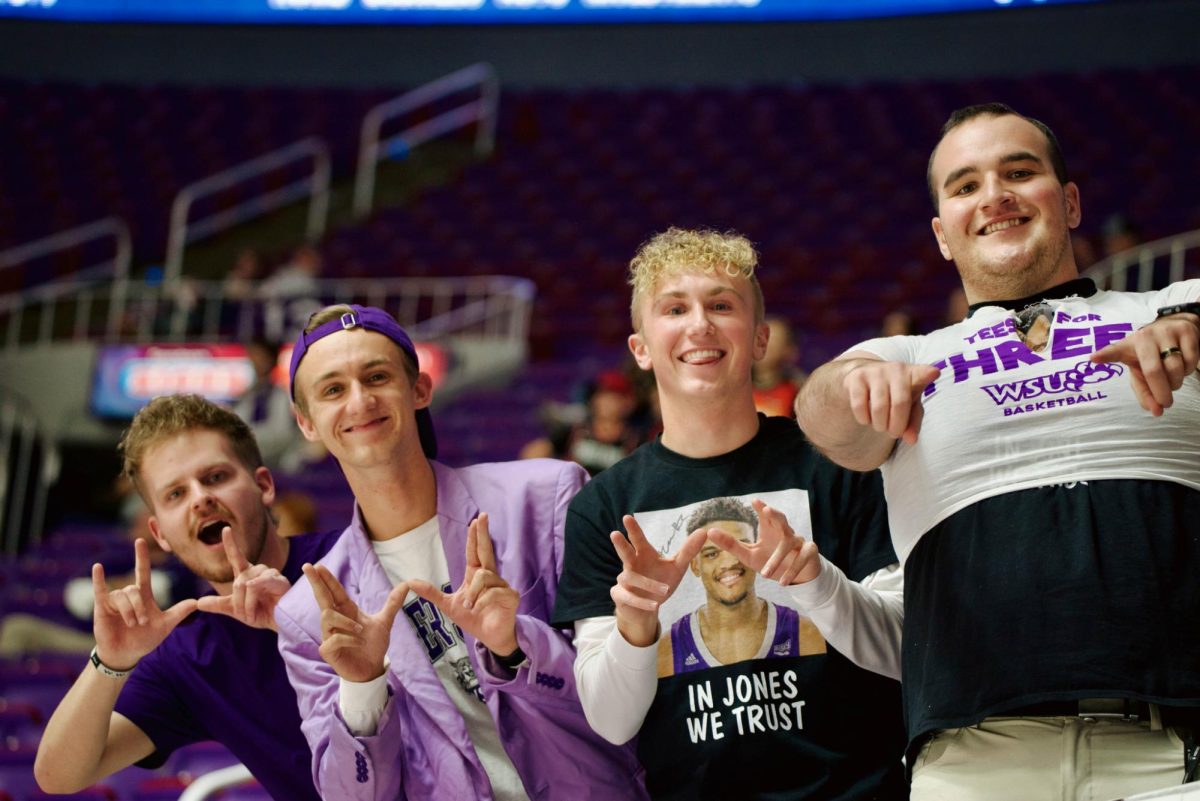Clubs and student-run organizations are more than just extracurricular activities. From networking to fieldwork, they can enable student growth in ways that Weber State’s 225 certificate and degree programs cannot provide.
According to Heather Cimino, the assistant director for student involvement and leadership, three types of clubs are offered on campus: sponsored, affiliated and registered. A sponsored club is funded through the department, affiliated clubs include fraternities, sororities and sports while registered clubs encompass anything outside of the other two types.
Weber’s Department of Communication houses many sponsored clubs like Studio 76, Ogden Peaks and the Signpost.
Coby Crisler, the student executive content producer for Studio 76, feels that he has been given a head start as he looks for jobs post-graduation.
“I already feel like I have a step into the door of the working world of digital media. I already feel like I know the way the processes are going to work,” Crisler said. “And when I go to interview for a job in the future, I can comfortably say I’ve done all these things before.”
According to Eliza Fry, the marketing manager for the Goddard School of Business & Economics, there is a long list of clubs exclusively available to students with related majors. The Supply Chain Cats Club allows students to regularly tour local supply chain facilities to learn how they operate. The Weber Association of Marketing resides in the same department but is not limited exclusively to economics and business majors. Other organizations include Beta Alpha Psi, BITS club, Society of Human Resource Management and the Student Economics Association.
“They complete real marketing projects for businesses and Weber State entities, so they are getting real-world experience while networking with professionals and students alike,” Fry said.
The College of Engineering, Applied Science & Technology structures its organizations slightly differently, but it still prioritizes student experience.
Randy Hurd, the department’s associate dean, endorses the Miller Advanced Research and Solutions Center as one valuable resource to get experience.
“This center was created to try and solve problems that are important for industry but difficult for companies to tackle,” Hurd said. “Students can get jobs working at MARS, and this is probably one of the best things students can do to get realistic experience that mimics their future careers. These kinds of jobs are a half-step up from an internship, but not quite a full engineering job.”
The Jerry & Vickie Moyes College of Education offers the children’s school, providing hands-on experience training and working with kids.
Jonathan Hatch, a student studying secondary education, joined the Zoology Club for a year. Hatch wants to be a science teacher, so participating in that field without majoring in zoology was a crucial experience for him.
“It gave really awesome opportunities to build relationships and form networks, both with people who are going into education and with people who are going into science for their career,” Hatch said.
Although the Department of Earth and Environmental Sciences doesn’t offer clubs that give direct field experience, they offer many registered clubs that allow students to find others with common interests. The clubs help students connect, giving them friendships inside and outside of the classroom.
Non-degree affiliated clubs are also available to students like the Hammock Club, the Chess Club and the Japan Club. Annika Naylor and Mizuho Koyanagi are both members of the Japan club and say their membership is a great way to network and forge friendships. Olivia Tobler of the Chemistry Club seconds this opinion, stating that her participation is building a good community of similarly passionate students.
If a student sees a need for a club that isn’t offered, Cimino says that starting a club is simple, as the infrastructure already exists on Weber’s website.


